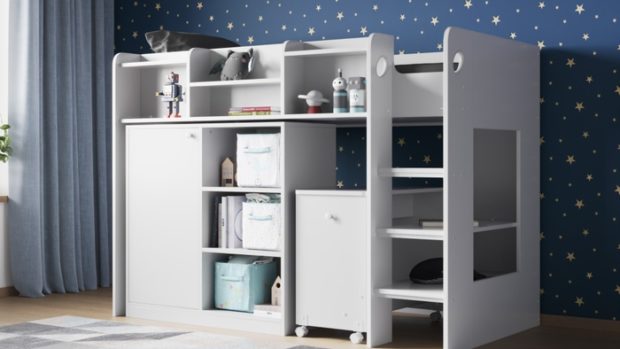
The majority of Britons say they now consider the environmental impact of their electronic goods when purchasing a new item, according to a new report.
Almost three quarters (71 per cent) consider the impact of their electronic goods’ purchases, deliveries and returns, revealing Britain to be a nation of sustainable shoppers.
Trojan Electronics’, new research into the rise of refurbished electronics, revealed consumer attitudes towards increased circularity to be overwhelmingly positive. More than two-thirds (67 per cent) of consumers said that the environmental credentials of a brand matter when buying a product.
Consumer’s opinions match up with their actions too with many choosing refurbished gadgets over brand-new items. The report found that one in six (14 per cent) people have bought a refurbished smartphone, followed by 12 per cent of people who have bought repaired white goods in recent years.
Additionally, twice as many people would buy a second-hand washing machine, dishwasher, or fridge than second-hand clothing items. This is despite the soaring popularity of pre-loved clothes in recent years thanks to Love Island’s partnership with eBay and the rise of pre-loved marketplaces, like Vinted and Depop.
James Rigg, CEO, Trojan Electronics, commented: “These findings are food for thought for electronics manufacturers and retailers. There is a definite scepticism amongst retailers surrounding refurbished electronics, with many concerned that selling pre-loved items alongside brand-new goods will damage their brand reputation. However, this research dispels this and instead suggests that consumers are keen to explore more sustainable options.
“With large proportions of people already purchasing refurbished or repaired items, it is already developing into a habit for many shoppers. However, there is certainly still a long way to go if it is going to be achieved at a much larger scale and faster pace. Our research shows that online retailers and marketplaces make up most refurbished sales, highlighting a huge opportunity for physical retailers to introduce additional revenue streams.
“Much of the responsibility lies with retailers and manufacturers. They need to look beyond the misconceptions about quality and make refurbished items more widely available for consumers to take advantage of. Whether that be in-store or online, these sustainable products should be accessible alongside fresh from the factory products.”








Share